With tremendous encouragement and support from the HLA community, we at Pure Protein, LLC are very excited to soon be offering the highest quality HLA Products and Services at HLAProtein.com.
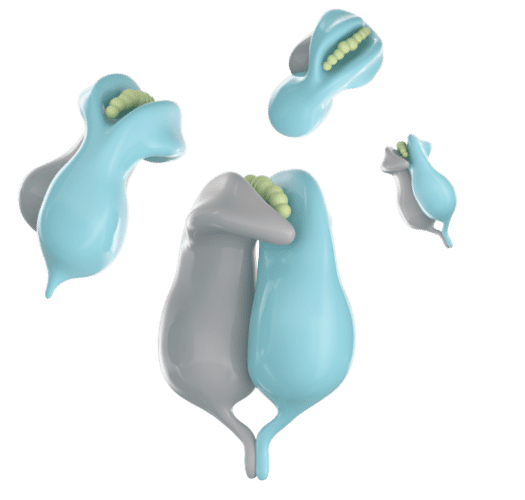
Reliable HLA Products and Services
When your research demands unique and qualified HLA reagents or services, turn to our expert scientists and quality assurance team to receive solutions tailored to bring you faster and more cost-effective success. We deliver high purity reagents and improved peptide binding services that produce consistent and repeatable results.
SOLUBLE HLA CLASS I & II PROTEINS
Alleles that properly present antigenic regions to detect, profile, or monitor antigen-specific immune responses.
Our products include:
- HLA-A
- HLA-B
- HLA-C
- HLA-DR
- HLA-DQ
- HLA-DP
PEPTIDE VALIDATION AND SCREENING SERVICES
Determining accurate IC50 values or discovering immunotherapy targets to create individual epitope maps.
Our offering includes:
- Peptide Epitope Validation
- Peptide Epitope Screening
- T cell Epitope Mapping
Soluble HLA Class I & II Technology
Technologically modified HLA proteins available in soluble form without interfering transmembrane domains.
Our HLA proteins are:
- Mammalian Produced
- Naturally Folded
- Endogenous Peptide
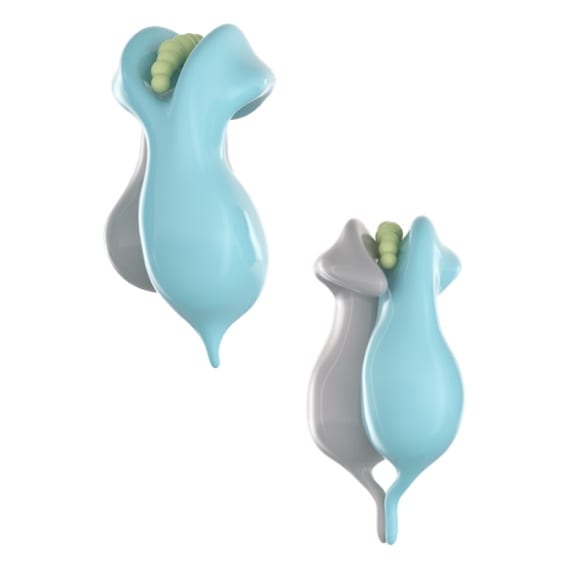
PRODUCTS
Soluble HLA Class I and II Proteins
HLA genes are highly polymorphic, representing the most genetically variable gene region by encoding thousands of different alleles. We offer a wide selection of single-specificity HLA proteins with broad population coverage. Since sHLA molecules lack the transmembrane portion, these proteins are not retained on the cell surface but are readily secreted, allowing economic production and purification and eliminating the inherent problems of detergent cell lysates.
Soluble HLA proteins are well characterized, proven to present native, antigenic epitopes recognized by specific antibodies, demonstrate high stability and integrity of their structures over time, are adaptable for individual needs, and are compliable on many application platforms.
SERVICES
Peptide Epitope Validation
Competition based peptide binding assay methodologies have become exceedingly popular for assessing the ability of synthetically defined peptide epitopes to associate with specific HLA complexes. This has been accomplished by determining their half maximal inhibitory concentration (IC50) as a measure of the effectiveness of inhibiting test peptides to judge their immunogenic potential and value in the development of novel immunotherapies.
Advance qualified peptide candidates quickly by validating your screening candidates or predicted epitopes by confirming their affinity and ranking order.
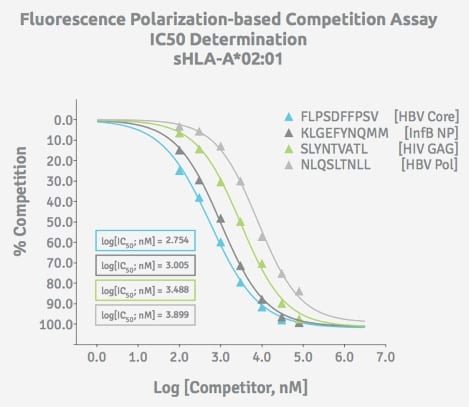
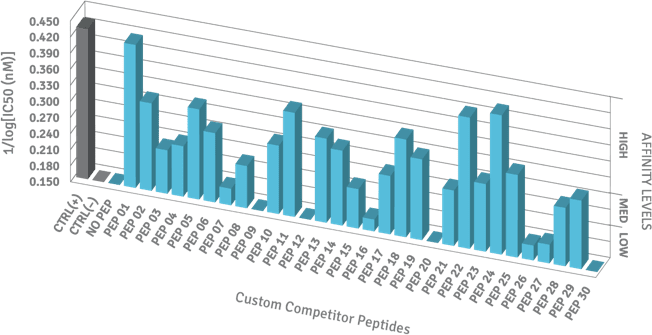
Peptide Epitope Screening
The peptide epitope screening system interrogates peptide libraries with variable sequence data. Our screening system identifies epitope candidates and properly prioritizes these newly found potential T-cell epitopes according to their HLA affinity. Peptide epitope screening efforts are primarily applied to eliminate false positive and negative results generated by computer algorithms. The screening system also resolves restriction elements and allows researchers to compare variable and conserved regions of different clades of a virus.

T cell Epitope Mapping
T cell epitope mapping has emerged as one of the most powerful new drug discovery tools for a range of biomedical applications. Our mapping service is a high-throughput approach, which allows the creation of individual epitope maps for any protein of interest. This application enables the screening of large libraries of overlapping peptides with a broad selection of HLA alleles to identify high affinity binding peptides and the selection of the most potent T cell epitope candidates.
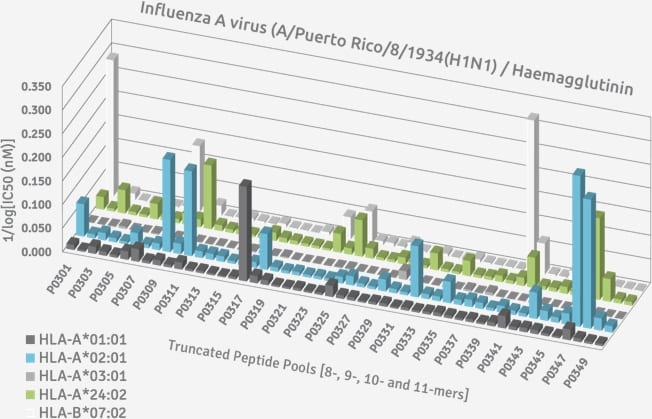
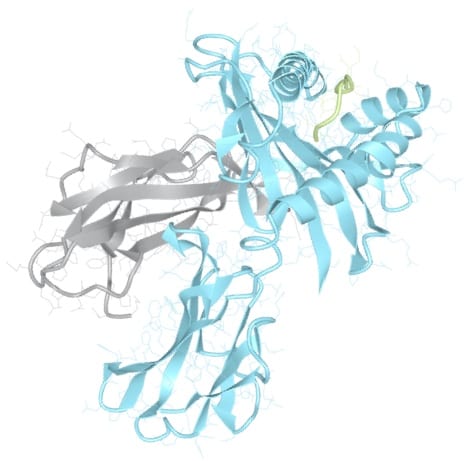
TECHNOLOGY
Soluble HLA Technology
Our pioneering approach produces soluble forms of HLA Class I and II proteins (sHLA). This proprietary technology delivers naturally glycosylated, endogenously loaded, natively folded, recombinant molecules lacking transmembrane and cytosolic domains, that are synthesized in mammalian cells and purified using affinity chromatography.
With over twenty years of research, our company has developed hundreds of Class I and Class II sHLA proteins representing all major classes including A, B, C, DR, DQ and DP that can be used for critical research in the development of diagnostic and therapeutic applications in the field of transplant rejection and immunotherapy.
Frequently Asked Questions
How is soluble HLA (sHLA) different from natural HLA?
Soluble HLA differs from natural membrane-bound HLA only in one aspect: it has no transmembrane and cytoplasmic tail. The remainder of the molecule is equally antigenic for antibody recognition and is loaded with endogenous peptides.
Are sHLA proteins a product of refolding?
Soluble HLA molecules are recombinant, endogenously loaded, and naturally folded glycoproteins and do not require artificial refolding procedures.
Are sHLA bacterial proteins?
Soluble HLA molecules are not of bacterial origin. Rather, they are produced in mammalian cell lines where they are naturally assembled and secreted.
What is a competition peptide binding assay?
Competition assays are based on peptide binding to sHLA molecules where competition for binding between the test peptide (competitor) of interest and a fluorescein-labeled HLA class I binding peptide (tracer) is used as a read out.
What do I get when I send a peptide for validation?
High affinity binding is the critical factor controlling immunogenicity of peptides. We will determine logIC50 values, provide the associated dose-response curve in graphical display and rank your candidate into affinity categories of high, medium, or low affinity.


